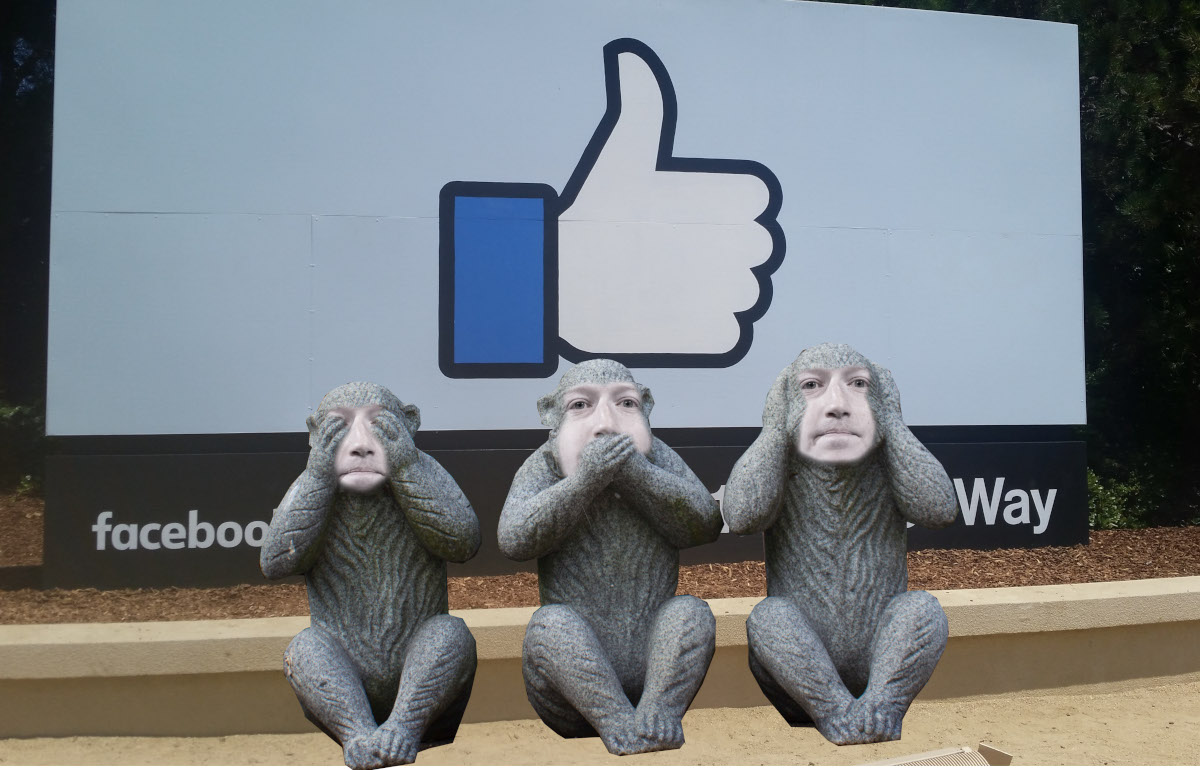
Today's Twitter threads (a Twitter thread).
Inside: Interop and the Public Interest Internet; and more!
Archived at: pluralistic.net/2021/07/16/pid…
#Pluralistic
NOTE: I am on holidays until July 26
1/
Inside: Interop and the Public Interest Internet; and more!
Archived at: pluralistic.net/2021/07/16/pid…
#Pluralistic
NOTE: I am on holidays until July 26
1/

Interop and the Public Interest Internet: To fight network effects, reduce switching costs.
2/
https://twitter.com/doctorow/status/1416076971079979008
2/

#5yrsago Trump makes it easy to forget what a dumpster fire all the other GOP nomination hopefuls were lrb.co.uk/v38/n15/eliot-…
#1yrago A new contract for land pluralistic.net/2020/07/16/tex…
#1yrago What's in Blueleaks pluralistic.net/2020/07/16/tex…
3/
#1yrago A new contract for land pluralistic.net/2020/07/16/tex…
#1yrago What's in Blueleaks pluralistic.net/2020/07/16/tex…
3/

#1yrago EU court kills data-sharing deal with USA pluralistic.net/2020/07/16/tex…
#1yrago AI Dungeon with GPT-3 pluralistic.net/2020/07/16/tex…
4/
#1yrago AI Dungeon with GPT-3 pluralistic.net/2020/07/16/tex…
4/

July 16th's threads: Facebook's alternative facts; and more!
5/
https://twitter.com/doctorow/status/1415712827508105216
5/

My latest novel is Attack Surface, a sequel to my bestselling Little Brother books. @washingtonpost called it "a political cyberthriller, vigorous, bold and savvy about the limits of revolution and resistance."
Get signed books from @darkdel: darkdel.com/store/p1840/Av…
6/
Get signed books from @darkdel: darkdel.com/store/p1840/Av…
6/
My book "How to Destroy Surveillance Capitalism" is a critique of Big Tech connecting conspiratorial thinking to the rise of tech monopolies (proposing a way to deal with both) is now out in paperback:
onezero.medium.com/how-to-destroy…
Signed copies here:
darkdel.com/store/p2024/Av…
7/
onezero.medium.com/how-to-destroy…
Signed copies here:
darkdel.com/store/p2024/Av…
7/

My ebooks and audiobooks (from @torbooks, @HoZ_Books, @mcsweeneys, and others) are for sale all over the net, but I sell 'em too, and when you buy 'em from me, I earn twice as much and you get books with no DRM and no license "agreements."
craphound.com/shop/
8/
craphound.com/shop/
8/

Recent appearances:
* Reset the Internet? (Project Syndicate)
project-syndicate.org/podcasts/reset…
* Trustbusting (@NicoleSandler)
* Launch for @UnshavedMouse's When the Sparrow Falls (@MystGalaxyBooks):
crowdcast.io/e/virtual-even…
10/
* Reset the Internet? (Project Syndicate)
project-syndicate.org/podcasts/reset…
* Trustbusting (@NicoleSandler)
* Launch for @UnshavedMouse's When the Sparrow Falls (@MystGalaxyBooks):
crowdcast.io/e/virtual-even…
10/

My first picture book is out! It's called Poesy the Monster Slayer and it's an epic tale of bedtime-refusal, toy-hacking and monster-hunting, illustrated by Matt Rockefeller. It's the monster book I dreamt of reading to my own daughter.
pluralistic.net/2020/07/14/poe…
11/
pluralistic.net/2020/07/14/poe…
11/

You can also follow these posts as a daily blog at pluralistic.net: no ads, trackers, or data-collection!
Here's today's edition: pluralistic.net/2021/07/16/pid…
12/
Here's today's edition: pluralistic.net/2021/07/16/pid…
12/
If you're a @Medium subscriber, you can read these - as well as previews of upcoming magazine columns and early exclusives on doctorow.medium.com.
13/
13/
My latest @Medium column is "Are We Having Fun Yet?" part one of a series on themepark design, queing theory, immersive entertainment, and load-balancing.
doctorow.medium.com/b-are-we-havin…
14/
doctorow.medium.com/b-are-we-havin…
14/
If you prefer a newsletter, subscribe to the plura-list, which is also ad- and tracker-free, and is utterly unadorned save a single daily emoji. Today's is "🍾". Suggestions solicited for future emojis!
Subscribe here: pluralistic.net/plura-list
15/
Subscribe here: pluralistic.net/plura-list
15/
Are you trying to wean yourself off Big Tech? Follow these threads on the #fediverse at @pluralistic@mamot.fr.
Here's today's edition: mamot.fr/@pluralistic/1…
eof/
Here's today's edition: mamot.fr/@pluralistic/1…
eof/
• • •
Missing some Tweet in this thread? You can try to
force a refresh









